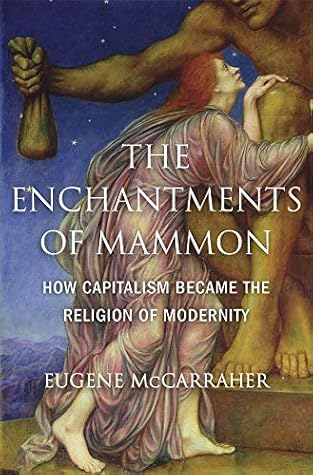In the summer of 1871, Hopkins had written to a friend about the bloody suppression of the Paris Commune. “In a manner I am a Communist,” he confessed, for the ideal of communism is “nobler than that professed by any secular statesman I know of.” “Besides,” he added curtly, “it is just.” “It is a dreadful thing,” he continued, “for the greatest and most necessary part of a very rich nation to live a hard life without dignity, knowledge, comforts, delight, or hopes in the midst of plenty—which plenty they make.”
Welcome back. Just a moment while we sign you in to your Goodreads account.


